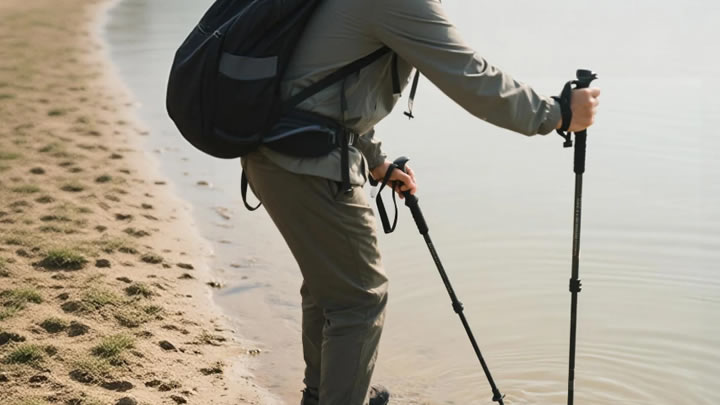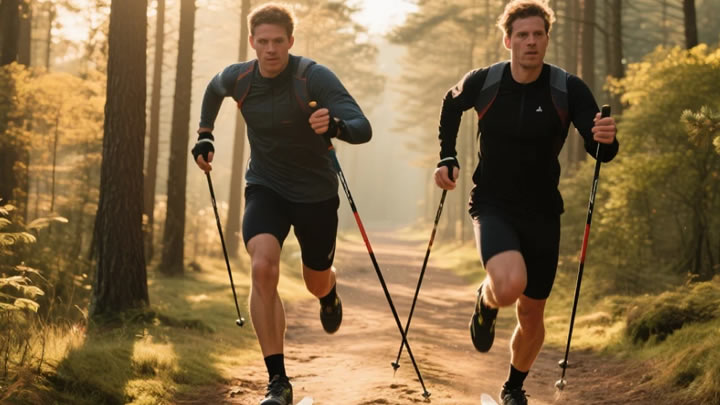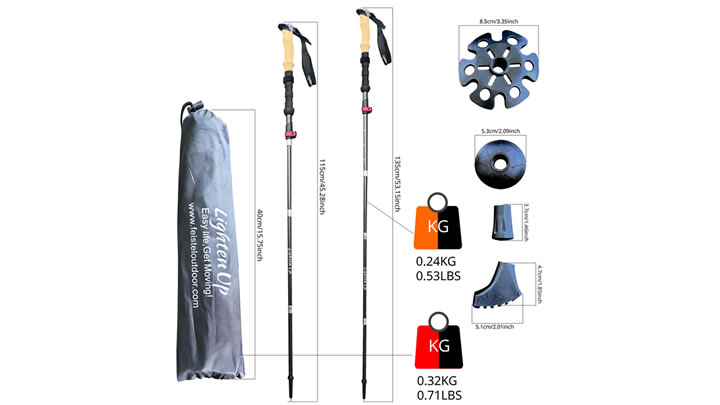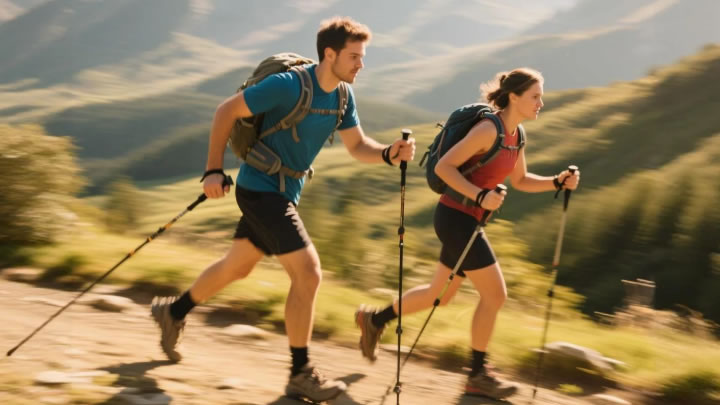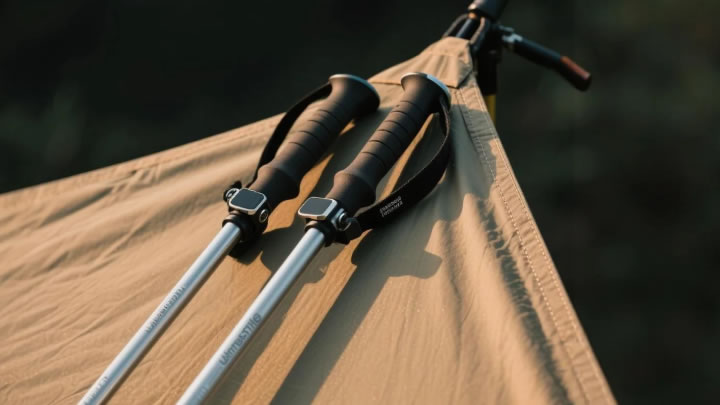What are the 10 survival essentials for unexpected overnight hikes?
Getting caught out overnight on a hike you thought would only take a few hours is a serious situation. Weather shifts, injuries, getting lost, or simply underestimating terrain can turn a day hike into an unexpected survival scenario. Being prepared isn't optional – it's critical. This is why carrying the Ten Essentials, adapted for the possibility of an unplanned night out, is non-negotiable for every hiker, regardless of experience or trail length. Here’s your life-saving checklist:
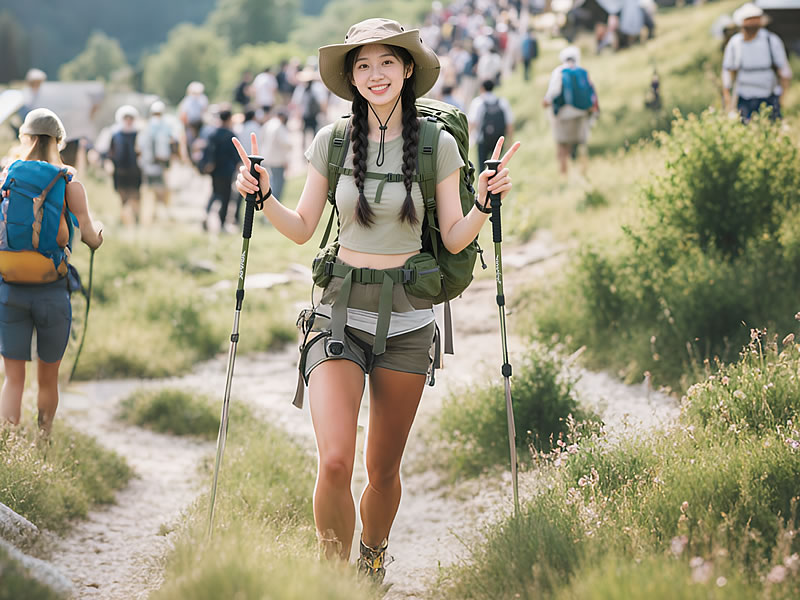
- Navigation (Master the Basics): A detailed topographic map of the area and a reliable compass are fundamental. While GPS apps on your phone are useful, batteries die and signals fade. Knowing how to use map and compass together is the gold standard. Always have a physical backup.
- Insulation (Extra Clothing): Weather changes fast, especially at elevation. Hypothermia is a real danger. Pack extra layers beyond what you think you need: a warm hat, insulating mid-layer (fleece/puffy), extra socks (wool preferred), and a weather-resistant shell (rain jacket/pants). Avoid cotton – it loses insulation when wet.
- Illumination (See in the Dark): A headlamp (hands-free!) with extra batteries is essential. Don't rely on your phone light. Consider a small backup light source. Darkness comes quickly in the wilderness and makes navigation or tasks impossible.
- First-Aid Supplies (Treat Injuries): A comprehensive first-aid kit tailored for hiking is vital. Include blister care, bandages, gauze, antiseptic wipes, pain relievers, personal medications, and any allergy meds (like an EpiPen if needed). Knowing how to use it is equally important.
- Fire Starter (Warmth, Signaling, Water Purification): Carry multiple reliable ignition sources (waterproof matches, stormproof lighter) and high-quality tinder (commercial fire-starters, dry cotton balls soaked in petroleum jelly). Fire provides warmth, a psychological boost, a signal for rescuers, and can boil water.
- Repair Kit & Tools (Fix Gear): A multi-tool or pocket knife is indispensable. Add duct tape (wrap some around a water bottle or trekking pole), zip ties, and perhaps a few safety pins or a small sewing kit. Gear failure can leave you exposed.
- Nutrition (Extra Food): Pack high-calorie, non-perishable emergency rations – enough for at least one extra day (e.g., energy bars, nuts, dried fruit, jerky). Focus on calories and nutrients that require no cooking. Unexpected delays drain energy fast.
- Hydration (Water & Purification): Carry more water than you plan to need and always have a reliable water purification method (filter, chemical treatment tablets/drops, UV purifier). Finding water sources is unpredictable, and drinking untreated water risks serious illness.
- Emergency Shelter (Get Out of the Elements): This is crucial for unexpected nights. Options include an emergency bivy sack, a lightweight tarp, or a heavy-duty space blanket. It shields you from wind, rain, and snow, significantly reducing heat loss and exposure risk. This is separate from your clothing layers.
- Sun Protection (Prevent Burns & Damage): Sunglasses (UV protection), a wide-brimmed hat, and sunscreen (SPF 30+) are vital year-round. Snow blindness (even in summer) and severe sunburn impair judgment and add stress.
Beyond the List: The Prepared Mindset
Simply carrying these items isn't enough. Familiarize yourself with your gear before you need it. Practice using your map and compass, starting a fire with your supplies in windy/damp conditions, and setting up your emergency shelter. Check weather forecasts meticulously, but prepare for the unexpected. Tell someone reliable your exact itinerary and expected return time.
Why This Matters for Search Engines (and Readers!)
This list directly answers a critical question hikers search for: "What do I really need in case something goes wrong?" By structuring the information clearly with the recognized "Ten Essentials" framework, using bold headings for scannability, incorporating relevant keywords (survival essentials, unexpected overnight hike, emergency shelter, hiking safety, ten essentials), and providing actionable, detailed explanations, this content serves both readers seeking vital safety knowledge and search engines looking for authoritative, comprehensive answers. The focus is on prevention and practical preparedness.
The Bottom Line: Never assume a short hike can't turn serious. Packing these Ten Survival Essentials significantly increases your safety margin and chances of emerging unharmed from an unexpected night in the wilderness. It’s the smartest weight you’ll carry. Prioritize preparedness – your life could depend on it.

